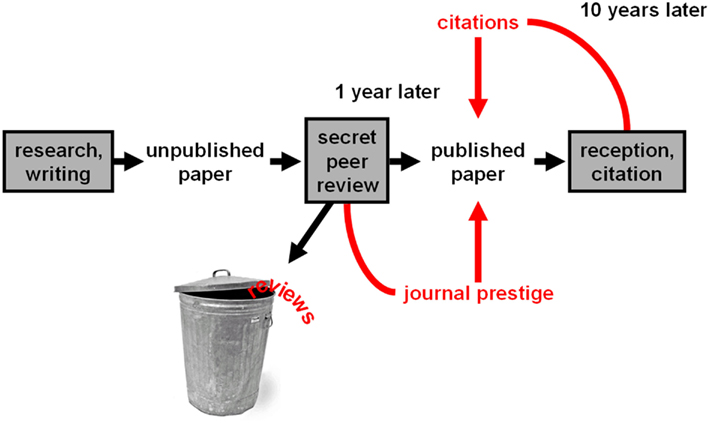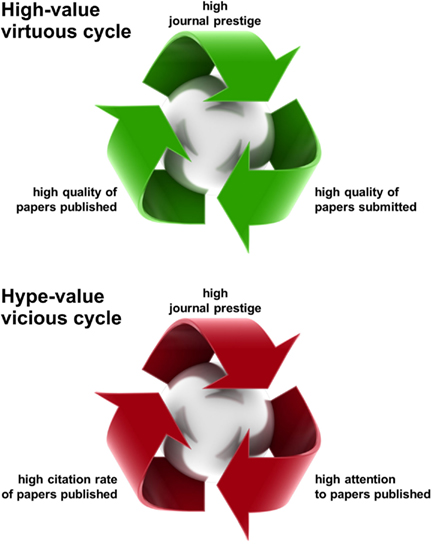Not-for-profit Publishing
All the aforementioned digital publishing alternatives are aimed at enhancing scholarly publishing in the ethical endeavor of breaking down the barriers between information "haves" and "have-nots" through the open and public access to academic information. But we cannot fully address that without recognizing the intrinsic issue at hand; the utterly unsustainable economic model in which publishing in the Academy currently abides by.

University presses are both part of and distinct from their institutions. They are an independent company operating on campus, but fundamentally structured as a revenue center designed to compensate for costs via sales. As Kathleen Fitzpatrick puts it, most universities are asking "how we can make publishing pay, rather than asking how we can pay for publishing", thus conceding to the underlying assumption that an university press is and should be market-driven.

With steadily declining library budgets and increasing subscription prices, what we are seeing is a negative feedback loop resulting in large commercial publishers (such as Elsevier and Wiley) obtaining works of scholarship from universities, mostly without any compensation to the authors or their institutions, and then selling the same scholarship back to the schools through unreasonably expensive journal subscriptions. Sadly, like any market conglomerates, large commercial publishers are hard to beat at that own game.
The real social value of open-access is in enabling institutions devoid of substantial endowments (those in less-developed states or countries), the opportunity of equal access to the newest and most important developments in scholarship and research. If the ultimate mission of the Academy is to produce and disseminate new knowledge, then the open-access system is way more consistent with that mission than the current profit-driven model. However, digital publishing will require a substantial amount of capital investment for paid programmers, designers, and other personnel in order to keep the networks functioning. Digital publishing will certainly be able to reduce the budget in the costs involved in the distribution, storage, and production of content, but it cannot escape the cost of technology and the maintenance of that technology. To make the future of open-access and open peer-review work, we must first re-access the current system of publishing in the Academy.
| Previous page on path | "Barriers to Implementation", page 2 of 2 | Path end, return home |

Discussion of "Not-for-profit Publishing"
Add your voice to this discussion.
Checking your signed in status ...